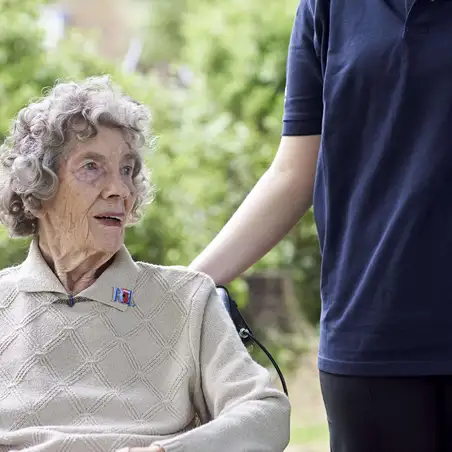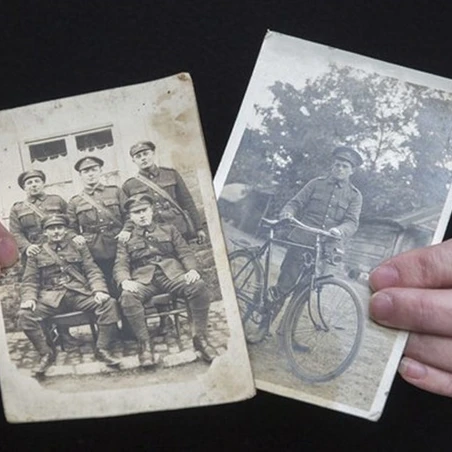When it comes to writing or being an executor of a Will, you might hear or read terms you’re unfamiliar with. We’ve explained some of the most common terms you may come across.
Assets – Any property, money and belongings which have value – either financially or sentimentally.
Beneficiary – A person or organisation who is named in the Will as the recipient of a gift.
Bequest – A gift made in a Will.
Chattels – Any item of personal property that can be moved from place to place – including furniture, belongings or a car.
Codicil – A document that acts as a supplement or amendment to a Will to amend it. It must be executed (signed officially) in the same way as the Will.
Conditional legacy – A gift which only takes effect if a specific condition is met on death. For example, “If my son is married at the time of my death, my house should go to him. If he is unmarried, it should instead go to my daughter”.
Estate – All the assets, minus the value of any debts or liabilities.
Executor – A person or organisation named in the Will to be responsible for the estate (collecting assets, paying any debts, tax and any other amounts due, and distributing the remainder of the estate in accordance with the terms of the Will following the date of death. There can be up to four executors, and they can be a solicitor, trust company, bank, charity or a friend or family member.
Inheritance Tax (IHT) – A tax set by the government which may be payable on death depending on the value of the estate and intended beneficiaries.
Intestate – To have died without having made a Will or without a valid Will.
Legacy – A gift in the Will.
Legator – someone who has left a gift in their Will.
Liabilities – Financial obligations (such as debts or tax bills) which may need to be settled by the estate after death.
Life interest trust – A type of gift which can be made in a Will, giving named beneficiaries the right to benefit from the gift during their lifetimes, either by allowing them use of an asset (e.g. occupation of a house) or by receiving the incomes from (e.g. rent from a house, or income from an investment fund). Other beneficiaries, often charities, receive the asset after those beneficiaries have died. This is sometimes also called a ‘reversionary legacy’.
Mirror Will – This is when a husband, wife or partner make almost identical Wills.
Pecuniary legacy – A gift of a fixed sum of money.
Probate – Probate is the legal process during which a Will is proven in a court and accepted as a valid public document that is the trust last testament of the deceased.
Residue – Everything that is left in the estate after all the liabilities, tax, costs, pecuniary and specific legacies have been paid.
Residuary legacy – A share, or sometimes all, of an estate after all the other payments have been made.
Specific legacy – A gift of a particular item, such as property, antique, jewellery and shares.
Testator/Testatrix – The person who has made the Will.
Trustee – If the Will sets up a trust (for example a life interest trust), the trustees are the people or organisations named in the Will, to manage this trust according to its terms.
Will – A legal document by which a person states what they want to happen with their estate following their death.









